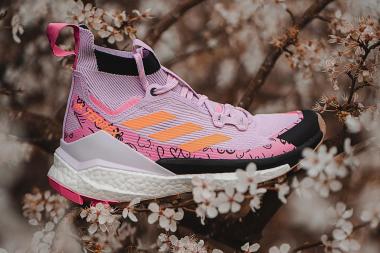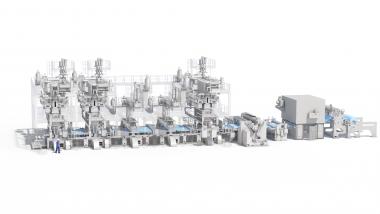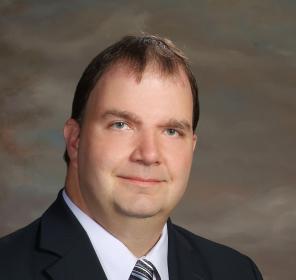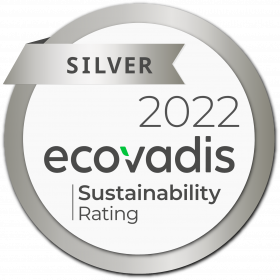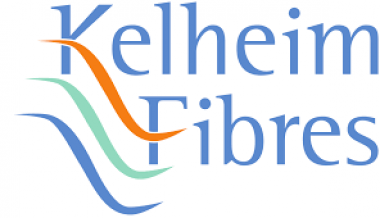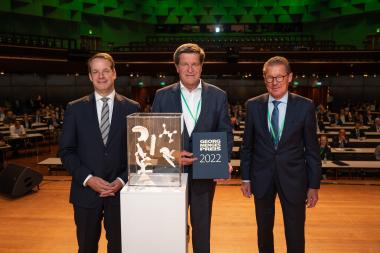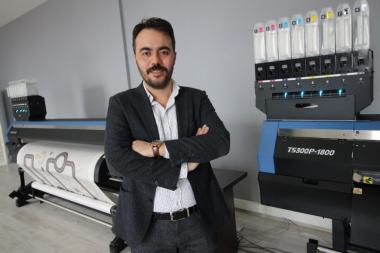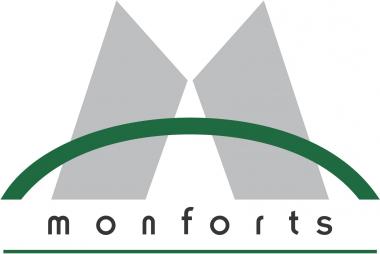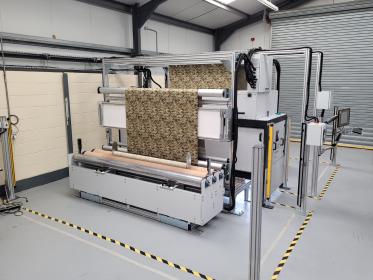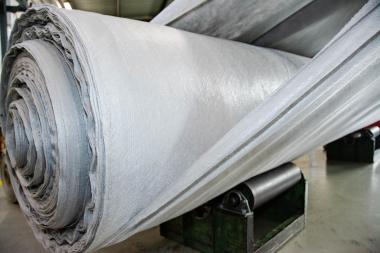adidas launches Breast Cancer Awareness Collection
A Selection of Footwear and Apparel Designed to Raise Awareness and Funding for Breast Cancer Now and National Breast Cancer Foundation, Inc.
- In partnership with the charities Breast Cancer Now (UK/Europe) and National Breast Cancer Foundation (US), the Collection brings together a range of products for running, hiking and mountain biking
- £15/€15/$15 from each full-price sale will be donated to BCN (for purchases in the UK and EU) or NBCF (for purchases in the North America)
- The Collection feature illustrations by adidas pro mountain biker Veronique Sandler, empathetically designed to represent the comfort that those with breast cancer have experienced in the outdoors
Inspired by the experiences of people and communities around the world, including its own employees and athletes, adidas is launching the Breast Cancer Awareness Collection this October.
Available throughout Breast Cancer Awareness Month, the adidas Breast Cancer Awareness Collection sees adidas partnering with Breast Cancer Now in the UK and Europe, and National Breast Cancer Foundation, Inc. in the US, to help raise awareness of breast cancer and support the vital work both charities do.
The products in the Breast Cancer Awareness Collection have been chosen to help everyone, regardless of physical ability or condition, spend more time in the outdoors.
The collection’s focus on functional footwear and apparel that is designed for the outdoors is in keeping with adidas' objective to help broaden access to outdoor sports and help everyone enjoy the benefits of spending time in nature. With United by Summits, adidas TERREX is taking this brand-wise ethos further by encouraging all people, from every background, to realise their own individual goals in the outdoors and enjoy the benefits of adventure, both big and small.
The collection is available for purchase in limited quantities from September 30, 2022 until the end of October 2022 for adiClub members only, and £15/€15/$15 from each full-price sale of the adidas Breast Cancer Awareness Collection will be donated to Breast Cancer Now (for purchases in the UK and EU) or National Breast Cancer Foundation, Inc. (for purchases in North America). The money raised will contribute to the important work these charities are doing.
adidas


